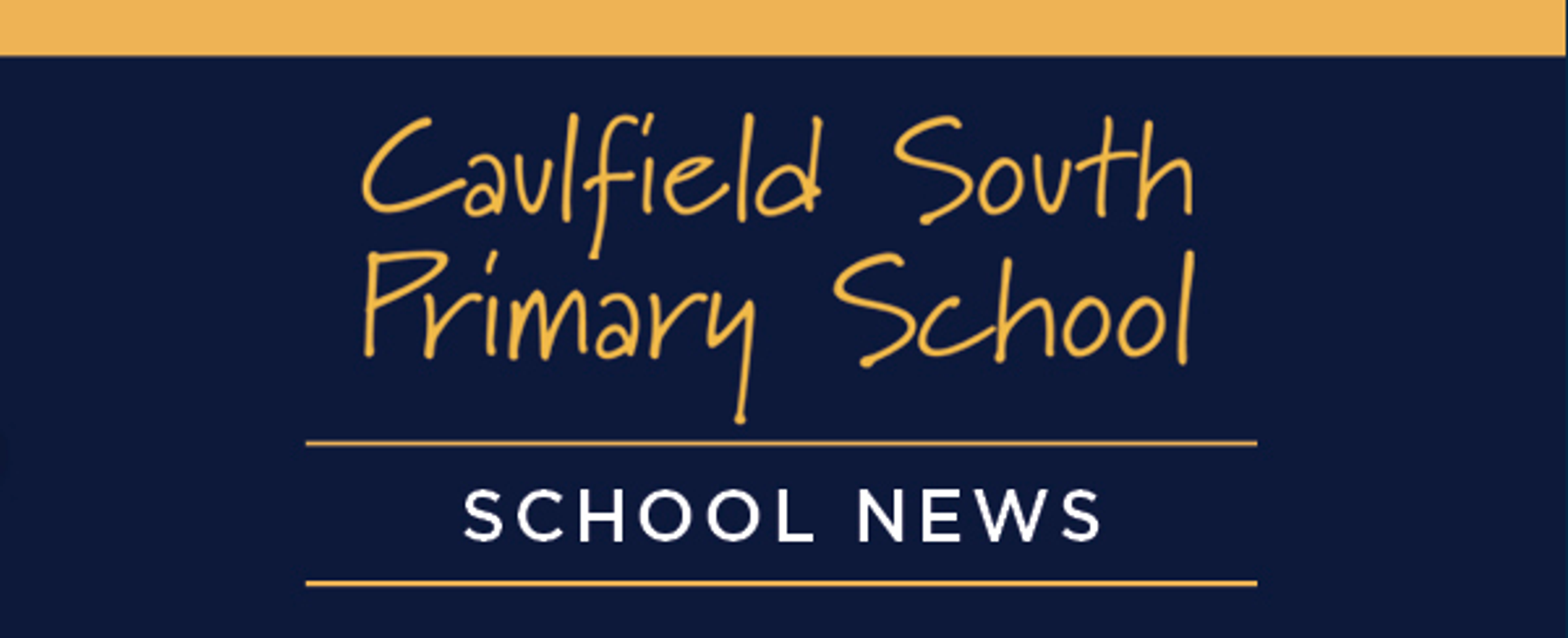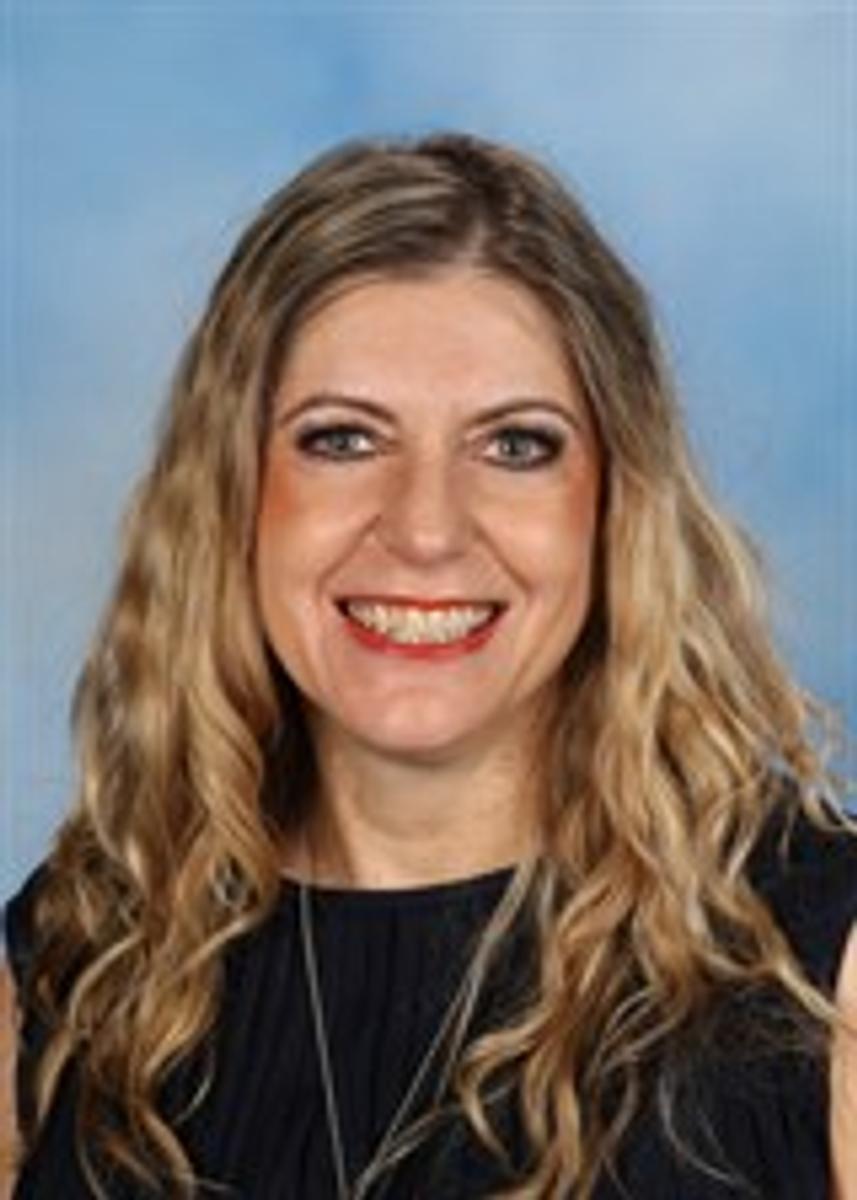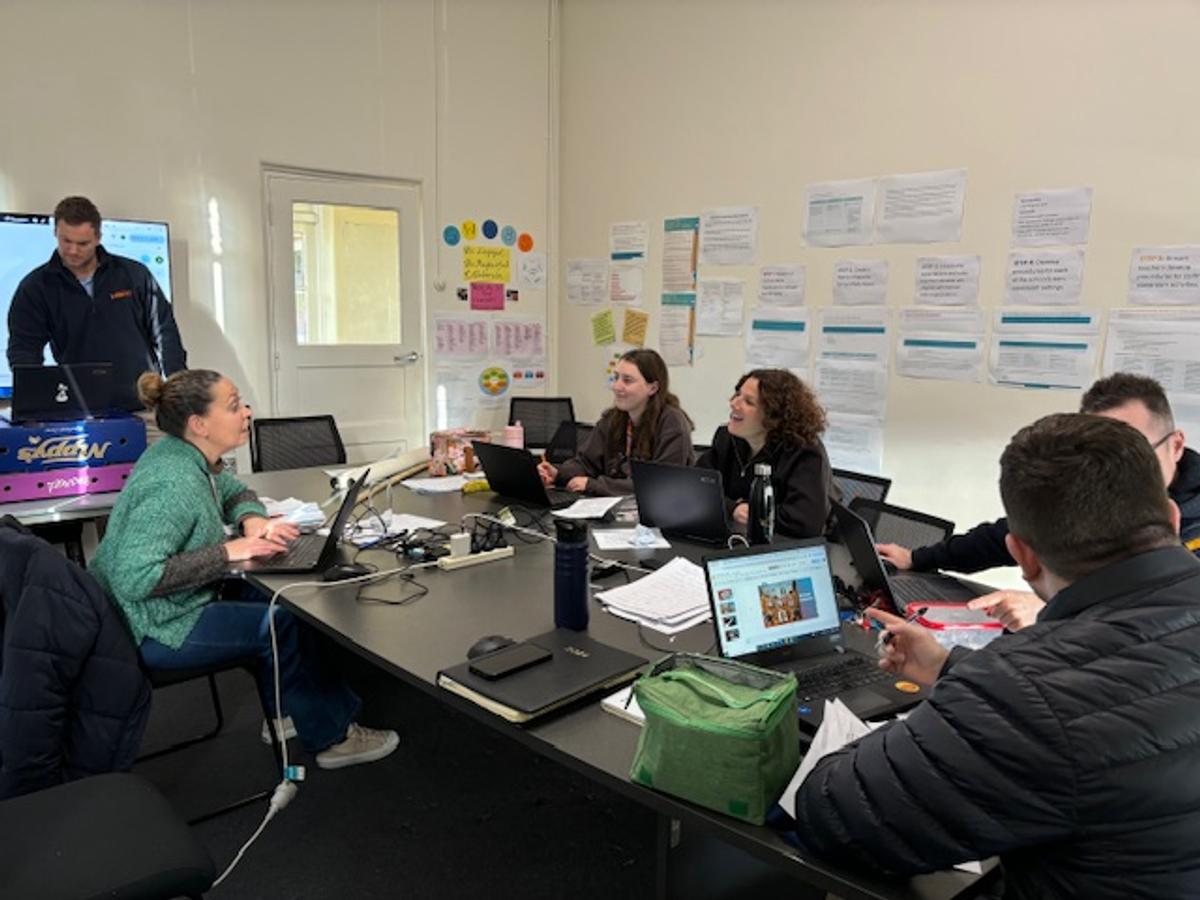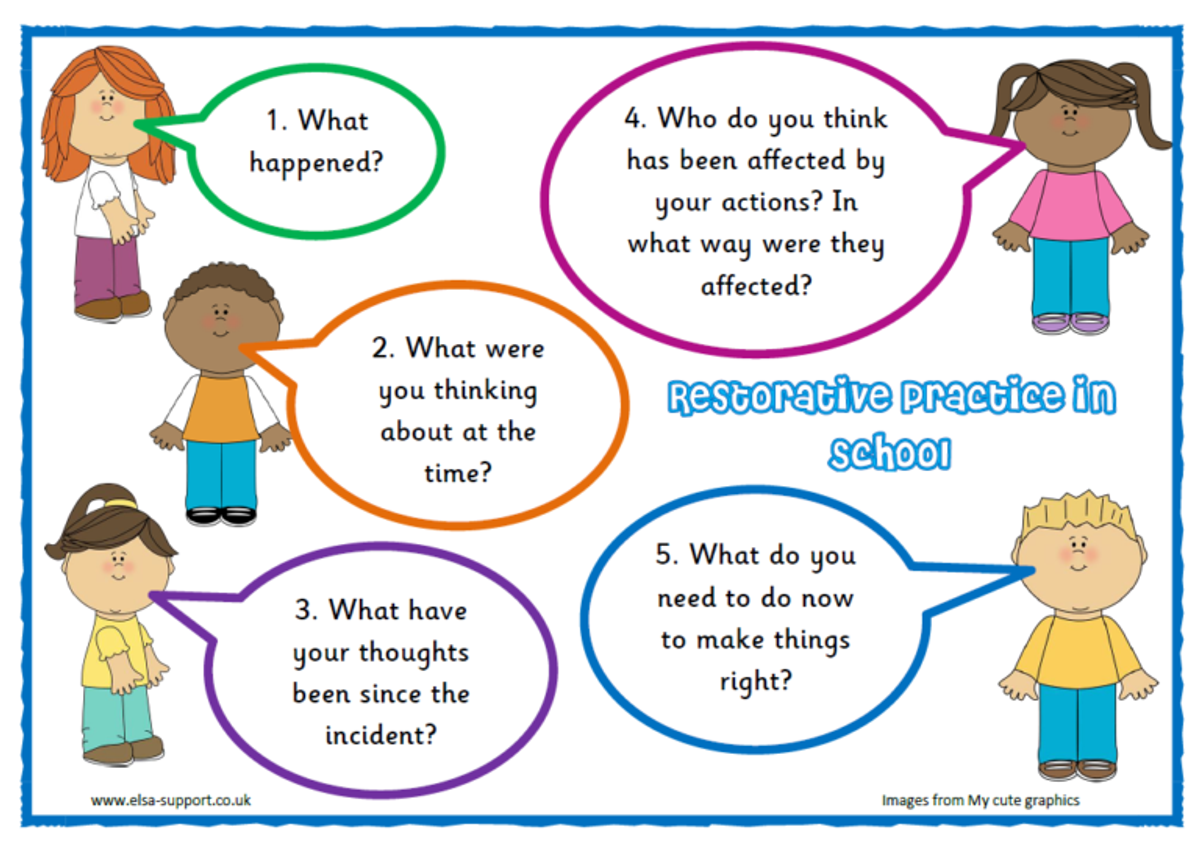Assistant Principal's Report
Georgia Despotellis

Assistant Principal's Report
Georgia Despotellis


I would like to acknowledge our staff who have been busy completing reports and moderating within teams (and across the school) to ensure consistent teacher judgements.
This week our teachers have also been busy updating students Individual Education Plans (IEPs) and meeting with parents and external providers to reflect on the progress and achievement of learning goals, as documented in the IEPs, and to set, where appropriate, new goals.
Yesterday we opened Compass Conferences for the booking of the Parent/Teacher Interviews for Prep to Year 2 students and 3 Way Conferences for all our Year 3 to 6 students. Please note that if your child has two teachers, you only need to book a time with one of the teachers, not both.
Please see below for details on how to book a time via Compass Conferences.
Booking Parent/Teacher Conferences via Compass APP
Booking Parent/Teacher Conferences via Browser
PLCs are collaborative structures where educators come together to share expertise, analyse student data, and collectively develop strategies to improve teaching practices and enhance student learning. PLCs engage in staged and continuous improvement cycles aligned to whole-school goals and priorities and the work of PLCs is underpinned by data and evidence related to student learning and wellbeing, and teaching practice.
One of the key strengths of PLCs lies in their ability to foster a culture of continuous improvement. By regularly examining student data and engaging in reflective dialogue, educators can identify areas of strength and areas in need of enhancement, leading to targeted interventions and tailored support for every learner.
Our year level leaders and Labreni as the Specialist Leader have just completed the semester long Professional Learning Communities (PLC) Core Professional Learning. This Core Professional Learning has equipped our leaders with the knowledge, skills, and tools necessary to cultivate vibrant and effective learning communities within our school. We will be moving to fully implementing this approach throughout the school through designated meeting sessions.
As a culmination of the journey, the PLC team collaborated and completed a small inquiry cycle with a clear student focus in mind based on collected data. The inquiry focus originated from the school's AIP goal to raise NAPLAN proficiency in Year 3 writing from 18% to 24%. During the evaluate and diagnose phase, student samples were examined, and it was identified that Year 3 students were struggling to open their stories in a way that truly engages the reader. This became the targeted focus for the two-week inquiry cycle. The PLC team designed a series of lessons using the 6+1 Traits of Writing framework to address this issue, and by the end of the cycle, we saw fantastic results! Our writing data revealed incredible growth: 100% of students now engage their readers with curiosity, up from 0%. Additionally, 73% now start their stories with the unexpected, up from just 7%, and 55% begin with action, up from 0%!


Reciprocal teaching is a powerful instructional method used to improve reading comprehension skills. It involves a group of students taking turns leading dialogues about the text they are reading, focusing on four key strategies: predicting, questioning, clarifying, and summarising.
Here's an overview of the different roles:
To implement reciprocal teaching at home:
Reciprocal teaching not only improves reading comprehension but also fosters critical thinking, collaboration, and communication skills. By practicing these strategies regularly, you can help your child become a more confident and proficient reader.
Below are some photos of our Year 6 students engaging in reciprocal teaching this week.






Restorative practice is a whole school teaching and learning approach that encourages behaviour that is supportive and respectful and is a strategy that is used at our school. Restorative chats (a wellbeing strategy) are structured conversations aimed at fostering a supportive and empathetic environment for students. These chats involve a teacher, who guides discussions to address conflicts, emotional concerns, or behavioural issues among students. The goal is to encourage accountability, empathy, and understanding while promoting a sense of community and belonging within the school. Restorative chats often focus on repairing harm, building positive relationships, and developing social and emotional skills essential for student wellbeing. They can help students learn to communicate effectively, resolve conflicts peacefully, and support each other's mental and emotional health.
Please see below a list of some questions you can use to respond to challenging behaviour and to help those harmed by others.
Restorative questions to respond to challenging behaviour:
Restorative questions to help those harmed by other’s actions:
Georgia Despotellis
Assistant Principal